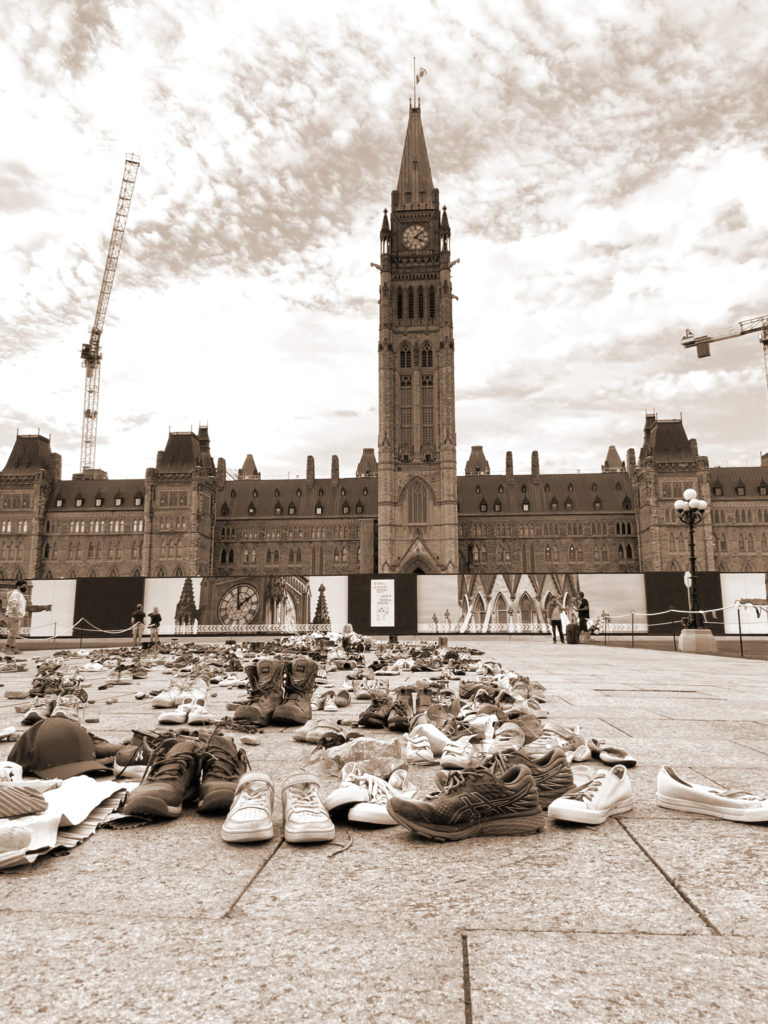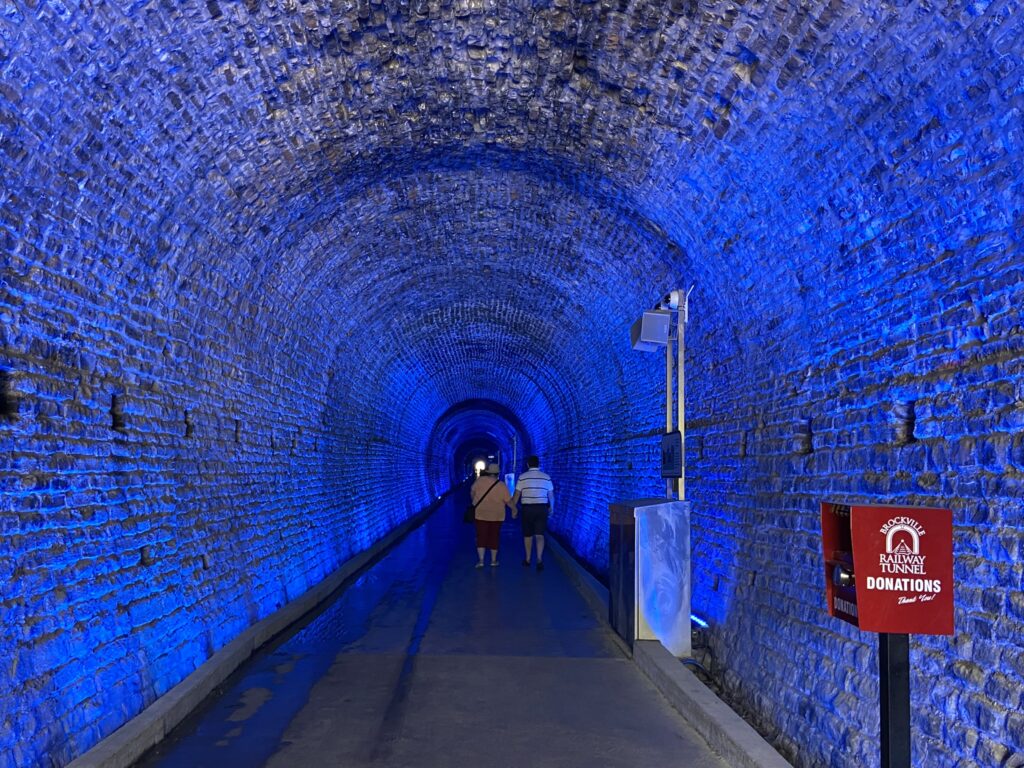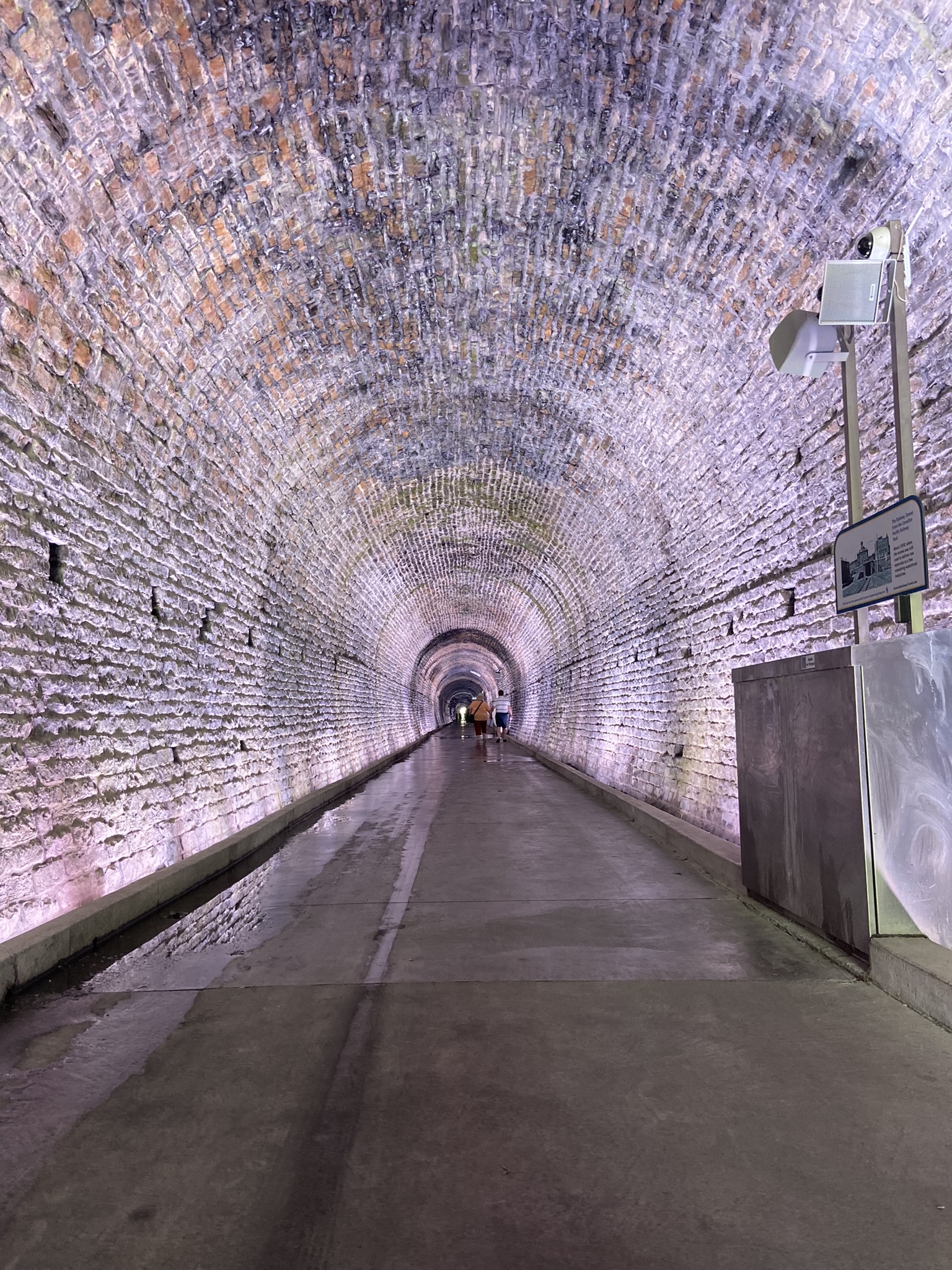In June 2022, MTBA attended the annual Ontario Heritage Conference in Brockville, Ontario. The 4-day conference addressed many themes situated at the intersection of sociology and heritage.
Professionals often face challenges in the field of heritage; however identifying social obstacles tends to be secondary to issues of technical interest. As heritage professionals, we can begin to unravel the various narratives and perspectives that have defined what is considered to be heritage ‘value’ or ‘significance’.
As we learn from, listen to and understand the TRC’s Final Report and 94 Calls to Action, we can begin to comprehend the volume of stories, histories and truths that have been silenced as a result of colonialism. Validating these voices requires commitment from all levels of government and professionals in the field of heritage.
This year’s conference focused on ways for Heritage Professionals, across various disciplines, to apply this perspective. Despite limitations in our fields, such as administrative red-tape, truthfully connecting all heritage values and themes is something all professionals in Ontario and Canada should consider when conserving and researching historic places. Our takeaways from this year’s conference are grounded in tangible actions that our team, and esteemed colleagues can take to better reflect and represent Ontario’s Heritage.

Seeking Multiple Truths
What does this mean and what can we do to change the ways in which Heritage is represented in Ontario? The various speakers at the Ontario Heritage conference spoke of honouring and acknowledging the multiple truths within the definition of heritage value. This includes ensuring previously suppressed indigenous and BIPOC histories hold equal value to Western and colonial histories, and are accurately represented within our collection of designated historical sites and monuments. Actionable change may include broadening the inventory of historic places in Canada to include these narratives and stories and giving them priority, whether it be through grants or partnerships. Expanding our definition of heritage in Ontario to be inclusive and historically accurate is actionable change we can all explore, and recognize how our existing approach to heritage value is grounded in a largely romanticized recounting of confederacy.
Expanding on Existing Frameworks for Conservation in Ontario and Canada
Part of better representing Ontario’s heritage and Canadian heritage at large, means reflecting on our existing frameworks, policies and procedures when working with historic places. This may include taking a different approach when re-defining or re-issuing the Standards and Guidelines for Historic Places in Canada, such as expanding existing procedures and definitions to be more inclusive. Inclusivity provides mindful recognition that “heritage” and “values” are subjective to People, Places and Culture. For example, these changes may include redefining primary conservation treatments to incorporate intangible elements of heritage, or utilizing other means of research as primary sources, such as listening, storytelling and building meaningful relationships with communities, all of which can inform a comprehensive definition of place.
Entering a New Age of Digital Technologies and Accessibility
Another valued topic at this year’s conference included discussions on how digital technology, social media and the Covid-19 pandemic has influenced accessibility and visibility of Ontario’s heritage. In a space where geographic location is no longer a determining factor in access to history and discovery, historic places in Ontario can reach larger audiences than those determined by local tourism. We have found ourselves at the intersection of recorded history and history in the making, as we discover and invent better tools for collaboration, information, research and appreciation for heritage. A positve consequence of an expanding digital collaborative space, the heritage field in Ontario is equipped with more tools than ever to connect with people, places and stories from around the world, country and province.
While the conference spoke to many important, and sometimes difficult discussions, we hope to take meaningful steps to contribute to positive and representative changes in heritage. We encourage our fellow colleagues to take similar action and take a critical look at what it means for the future of heritage in Ontario and beyond.

For more reading on organizations leading the honest representation of Ontario’s Heritage you can visit:
- Heritage Matters Magazine
- Uncle Tom’s Cabin Historic Site – Ontario Heritage Trust
- OBHS – Black History Society
- Black History in Ontario | Destination Ontario
- Indigenous History & Heritage | Destination Ontario
- Indigenous Tourism Ontario
- Biindigen Welcome – The Indigenous History of Tkaronto – Research guides at University of Toronto (utoronto.ca)
- The struggle for inclusion: The perspective of Asian Canadians
- Ottawa Asian Heritage Month Society

